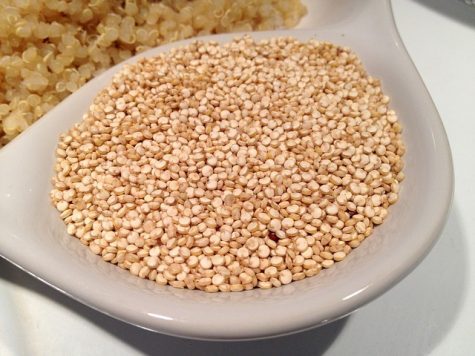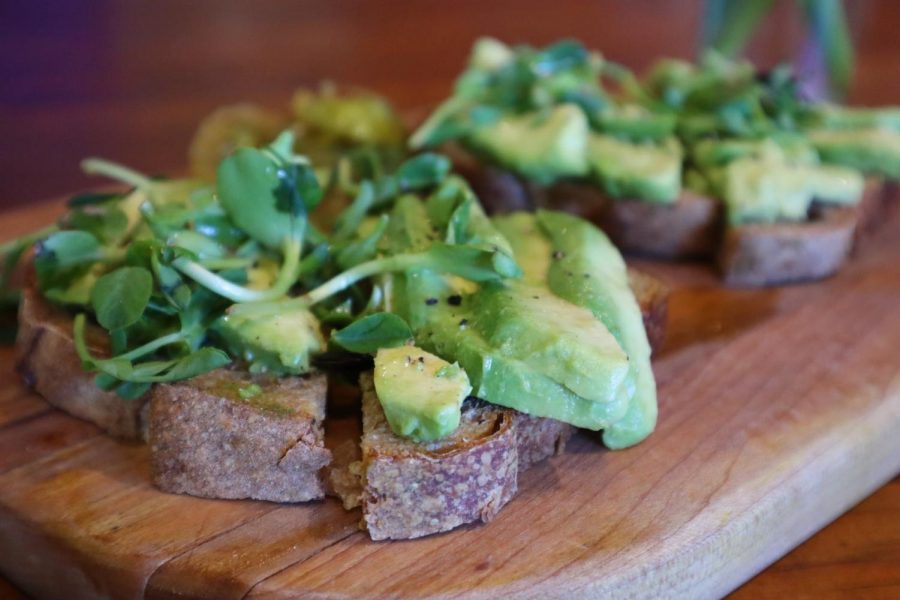Veganism Isn’t As Great As You Think
As people are increasingly turning to Veganism in response to climate change, animal cruelty, and dieting fads, they are championing the effects of their new lifestyle on the environment. But before considering the vegan life, there are a few things you should know.
Exportation
Avocados and quinoa are two very popular foods vegans are drawn to. Quinoa is nutritious and filling, and avocados can be used to mimic creams and provide healthy fats. The prices of ingredients such as these have risen due to Western demand, to a point where the citizens in the countries where these foods are produced can no longer afford them. Additionally, those who can afford them are finding that these products have been exported before they can buy them.

Transportation
The amount of carbon emissions coming from the planes, trains, and trucks that are transporting these products are ruining the environment. It’s far more sustainable to eat a lamb or beef shank coming from a local farm than to cook with exported ingredients.
Additionally, the production of vegan meat substitutes such as Quorn (which is made by fermenting fungus) requires far more energy than eating local meat, and Quorn is not an adequate meat substitute as it lacks protein. It also has many additives that are not listed.
Many people are cutting out meat, but not processed foods, sugar, or gluten. No matter how you eat, you need a balanced diet, which for vegans means lots of fruits and vegetables as well as nuts and grains for protein to supplement the loss of protein from meat. This is not a sustainable diet, because as produce is growing in demand, supply is struggling to meet it.
If you want to go vegan, go for it! But before making the transition, be sure the way you’re eating is actually sustainable, good for you, and most importantly, good for the environment!

Hi my name is Josie and I'm a senior. This is my second year in Journalism and also my second year at Wakefield. I'm a huge dog/cat/pet person, and in...



